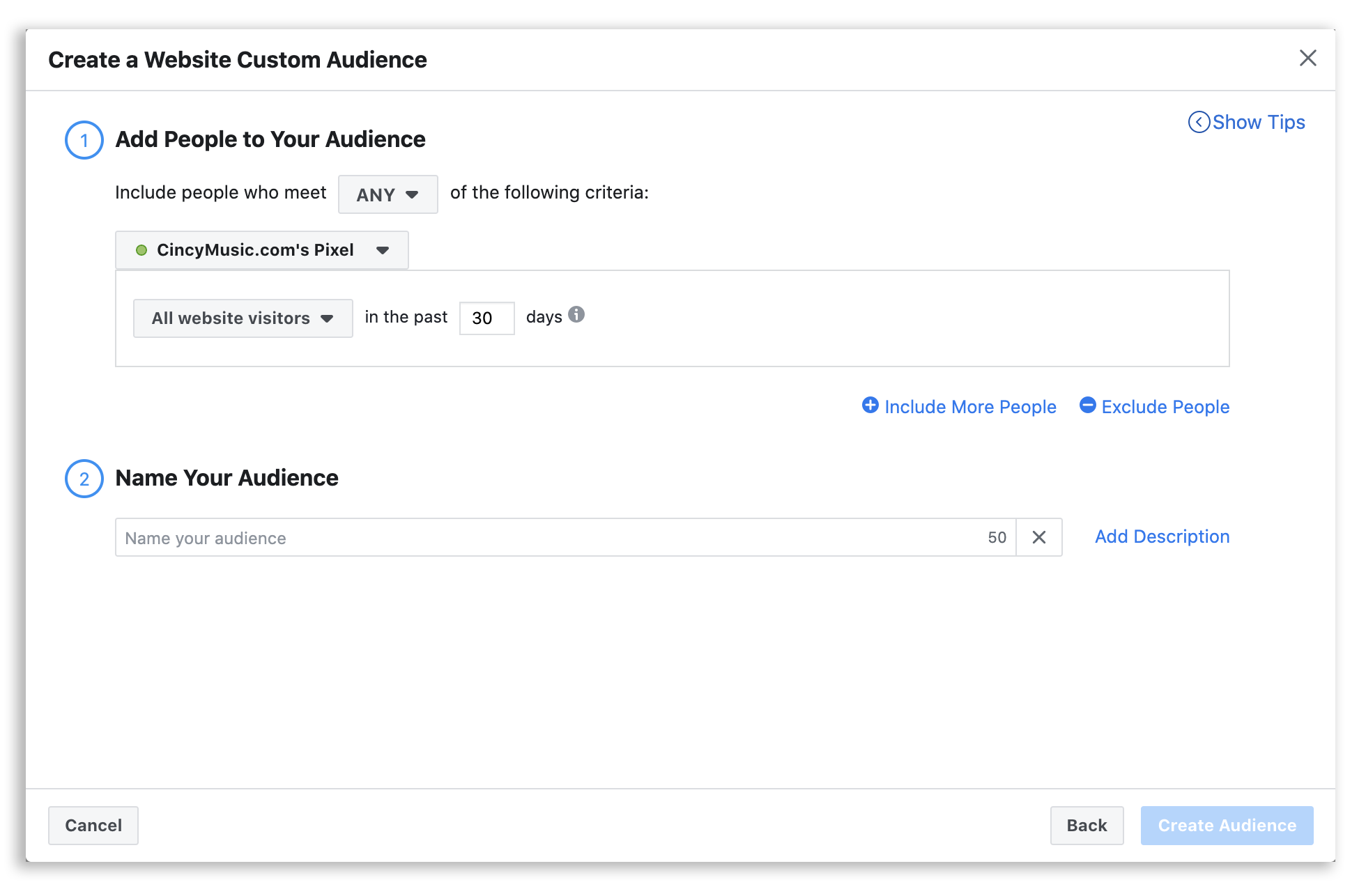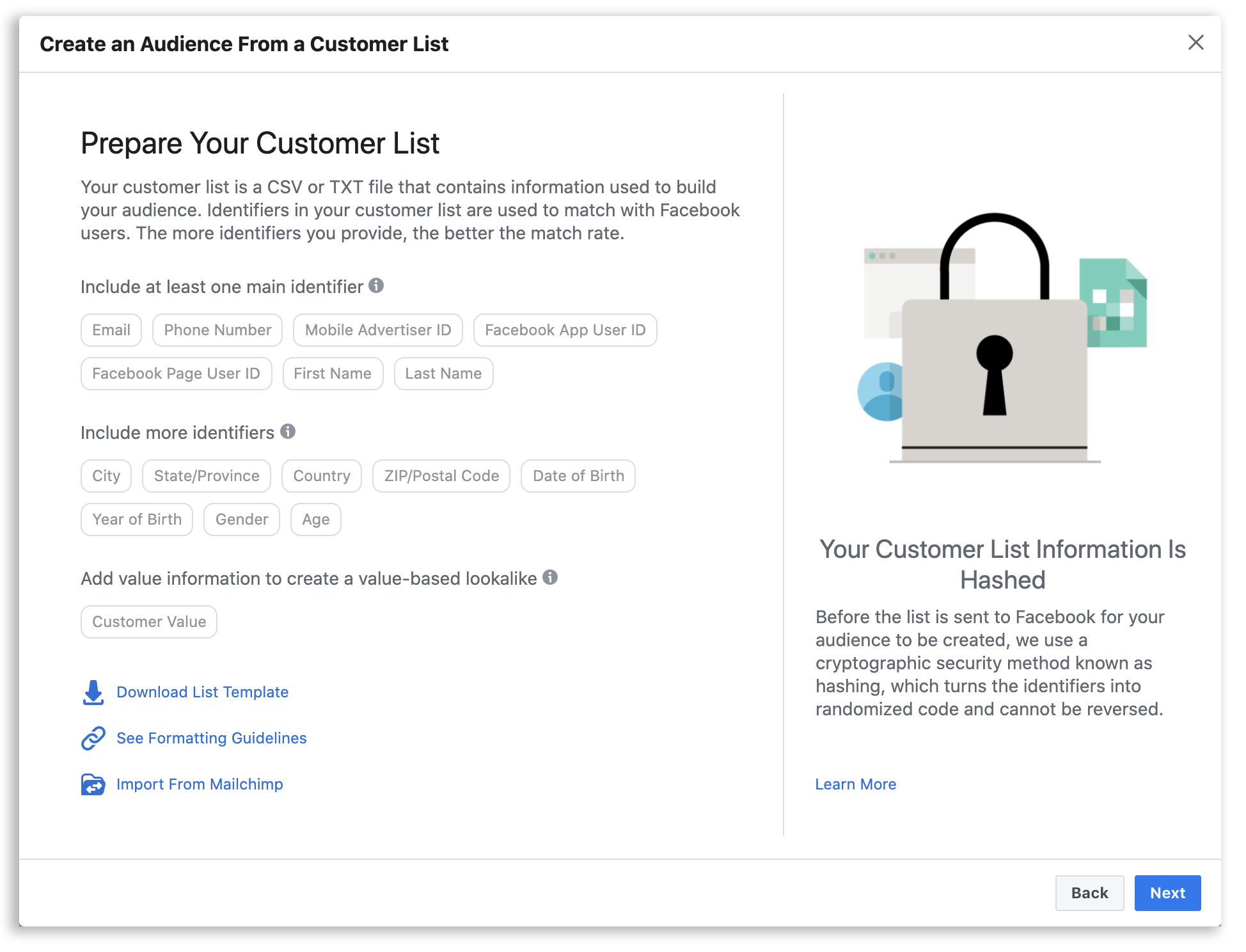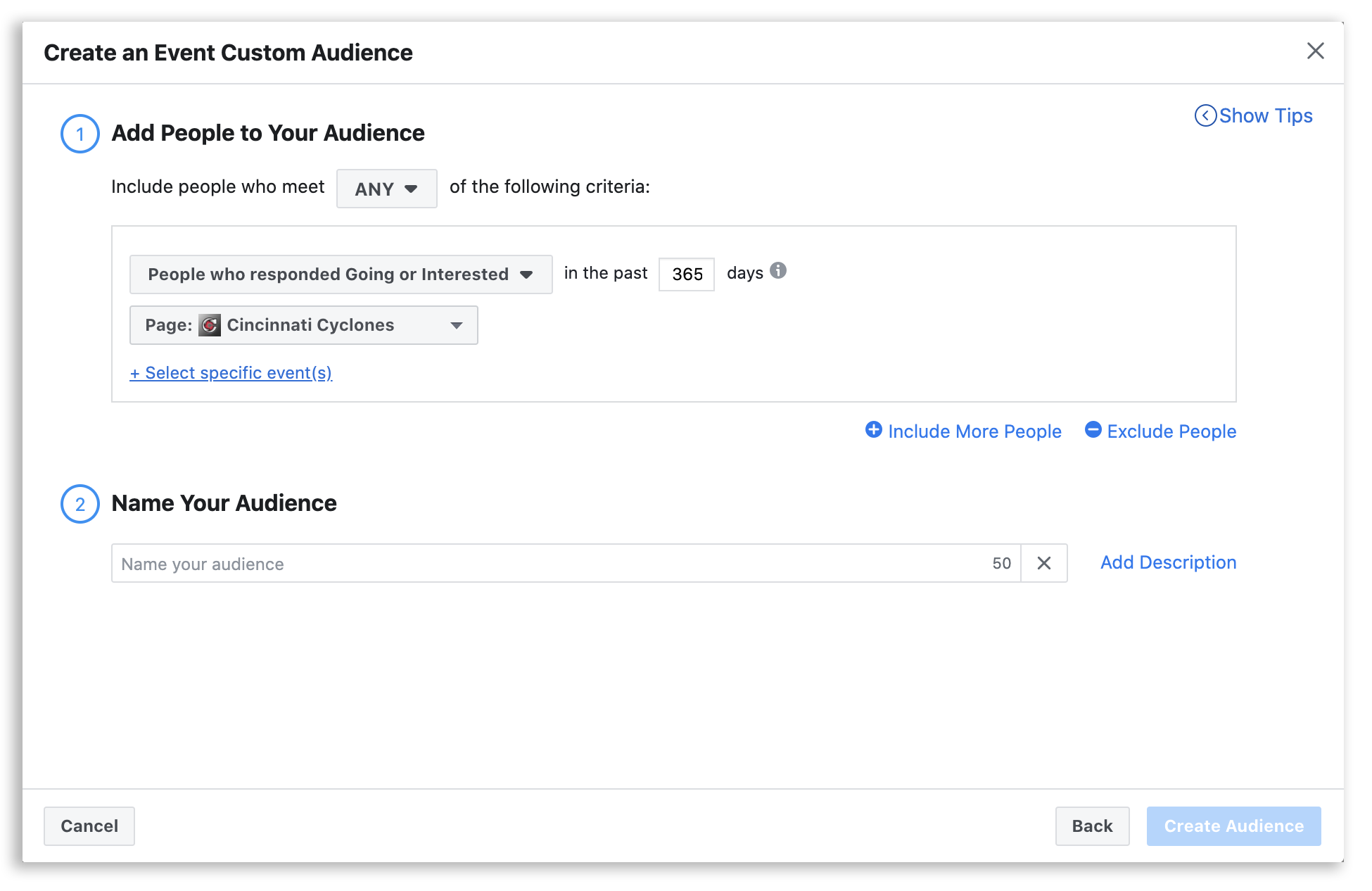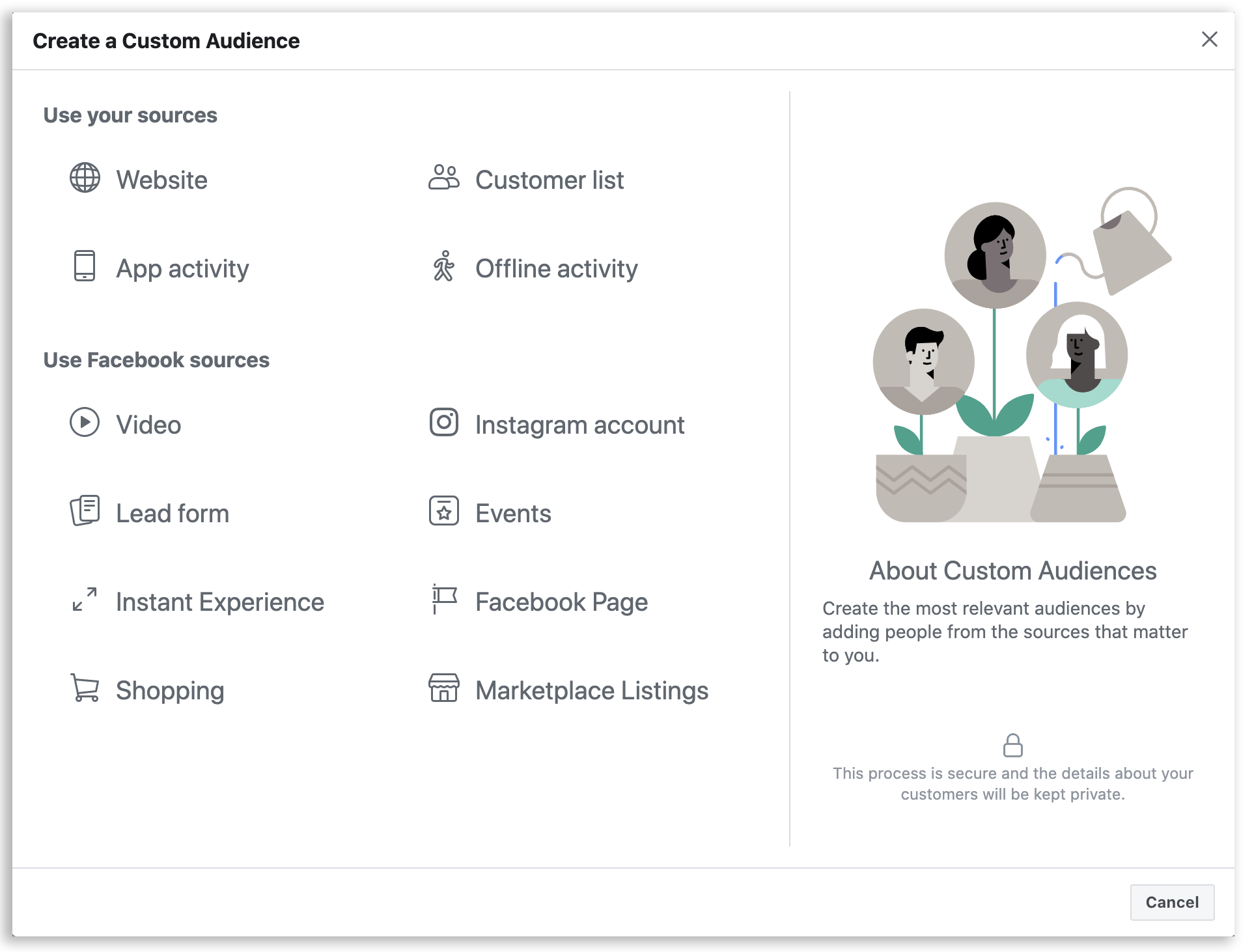When Do People Buy Tickets
As an event marketing professional you can help ease anxiety (or know when to start talking about reductions) by understanding the ticket sales curve.
Read More
Download The Sports Marketers Guide To Retargeting
This guide is intended for event marketers with a focus on minor league sports. Whether you have been marketing a minor league hockey team for a decade or you just started your internship there is something in here for you. Budgets are tight. You can’t model three letter leagues with seven figure marketing budgets, so you need to get creative & hone in on what works.
Fill out the form below to download our Sports Marketers Guide to Retargeting!
When was the last time you saw & ad, visited a website, and immediately purchased something? If you are like most of your audience then that’s a pretty unrealistic scenario. In event marketing the first visit is an information gathering expedition. Once they explore your website they have to go back to their family, friends, or group & discuss the possibility of attending your event with them. Unfortunately, the majority of those people never make their way back to your website because life happens & they forget.
This is precisely why retargeting is so important to sports marketers. The traditional marketing mix of OOH, Television, Radio, and Publicity need to be complimented with a sound retargeting strategy. You have done the hard work of getting that first impression. Let’s follow up with each prospect and maximize our impact. Below, I’ll outline some best practices to help make your advertising dollars more efficient.
Most minor leagues teams will sell the majority of their tickets (outside of Season Tickets & Groups) in the two-weeks leading up to each event. Being able to retarget users during that pivotal time period is our focus in this guide.
As an event marketing professional you can help ease anxiety (or know when to start talking about reductions) by understanding the ticket sales curve.
Read More
Download The Sports Marketers Guide To Retargeting
Before you place a single ad you need to prepare your mousetrap. Landing page optimization is focused on improving conversions on your website. Learn more about landing page optimization for Event Marketers and Sports Marketing.
Read More
Before you start sending potential ticket buyers to your website you need to make sure you have all the proper tracking pixels loaded. A Pixel is a piece of code for your website that lets you measure, optimize and build audiences for your ad campaigns.
Why Use Tracking Pixels:
Follow these steps to set up a Google Analytics Property on your website.
Read More
Follow these steps to set up Google Ads Conversion Tracking on your website.
Read More
Follow these steps to install Facebook Pixel, a piece of code for your website that lets you measure, optimize and build audiences for your ad campaigns.
Read More
Follow these steps to install LinkedIn Insight Tag.
Read More
Ticketmaster Came From Codes allow you to track clicks & conversions that occur when using specific URLs.
Read More
In an effort to provide more transparency, Google implemented a policy requiring that advertisers that sell tickets become certified. This guide walks you through that process.
Read More
Download The Sports Marketers Guide To Retargeting
Take some time to create custom audiences before you start building your digital advertising campaigns. If you need a refresher on what custom audiences are & how to create them step by step, check out our guide here.
Facebook, Google, Snapchat, TikTok, and most other platforms offer the ability to create custom audiences based on how visitors interact with content on your website. The iOS 14 update impacted the ability to target some users like this on Apple devices, but most people still allow third-party cookies so this is still worth pursuing for the time being. Assuming you have the Facebook Pixel Installed, take some time to build the following audiences:

What you will need: In order to create these audiences you will need to spend a little time going through the URLs of your games. Keep in mind that the first time is going to be the most time consuming. Once you have your audiences built it will only take a few minutes each season to update them. Here are a few steps to take:
Maintenance: Make sure you set aside a time prior to the start of each season to add new game URLs to your audiences. If your URLs change throughout the season for any reason be sure to add the new URLs to these audiences.
Most advertising platforms offer the ability to create custom audiences by uploading a list of customers from your CRM (Salesforce, Ticketmaster, etc.). You will need to have the ability to export previous purchaser lists to create the following audiences:

What you will need: You will need to spend some time exporting users that have purchased tickets in the segments you identify. These are the same targeting methods we recommend using when segmenting your e-mail marketing, so you can kill two birds with one stone by following this guide to improve your email marketing as well. Here are a few steps to take:
Facebook offers the ability to create custom audiences based on who RSVP’d or interacted with your Facebook Events. Here are a few audiences you should build:

What you will need: The most efficient way to create these audiences is to spend a little time gathering Facebook Event IDs. Here are a few steps to take:
Instead of guessing when someone may be interested in an event you can set up an ‘always on’ campaign to retarget users immediately after taking an action on your website.
Create the following audiences for every single game on your calendar:

Here are other audiences you can create:
For more ideas, check out our complete guide to creating custom audiences on Facebook.
Weekly / Monthly Maintenance: Make sure you set aside a time weekly or monthly to add new customers to your audiences.
Targeting ads to very specific audiences should be a cornerstone of your digital marketing plan. This guide walks you through creating custom audiences on Facebook.
Read More
This guide walks you through how to create custom audiences on Snapchat.
Read More
This guide will help explain why email marketing is one of the most effective ways of connecting with your audience, and how you can create simple campaigns that engage with them.
Read More
Download The Sports Marketers Guide To Retargeting
Every team has a different budget, so our recommendations below will remain relatively broad. However, most of these tactics can produce results with a modest budget.
Before the season begins:
Assuming you have done the hard work of creating all of your custom audiences (above) the next challenge is setting up what we call drip campaigns. These campaigns are designed to serve relevant ads to people as they interact with specific content on your website. In most industries it is common practice to follow up with a lead no more than 5 minutes after the lead is received. You don’t know what prompted them to open up their browser & start researching your event, but you should seize the opportunity regardless of how far away the event is. The good news is that once you set these campaigns up you can walk away & move on to more active marketing strategies.
Facebook Event Drip Campaign:
Keep in mind that your custom audience needs to reach a certain threshold in order to start firing ads (usually at least 500 users). Also, after the iOS 14 update many apple users opted out of cookies that allowed granular retargeting such as this. While it does take a little longer for your adgroups to begin to fire we still see really good results from these campaigns once they start running.
Facebook / Instagram Drip Campaign:
In addition to the Facebook Event Drip Campaign we suggest setting up a different campaign that retargets users across both Facebook & Instagram with a promoted post or video specific to each game. Follow the same instructions above, but focus on traffic / landing page views instead of event RSVP.
A note about Conversion Optimization for sports marketers:
Most sports marketers (especially in minor league sports) don’t have a great mechanism to optimize for conversions. Tickets can be sold online through a primary ticketing provider, online through a group-sales service, over the phone, or in-person at the box office. If you set a campaign to optimize for conversions the algorithm will only take into account the conversions it can see, typically on your primary ticketing provider’s website. Also, most conversion optimization techniques take 2-3 weeks of data to figure out what works / doesn’t work. Most event marketers run short 1-2 week campaigns for events so you are never going to get out of the ‘learning phase’. Therefore, we always recommend setting up campaigns with other goals such as traffic / landing page views.
The way you target and communicate with your audience should change based on where the consumer is in their journey. If you come out of the gate throwing ticketing links at people instead of highlighting the experience at your game then your conversion rates are going to suffer. The four basic funnel stages are awareness, consideration, conversion, and retention.
Download The Sports Marketers Guide To Retargeting
This guide will walk you through setting up an account & gives you a brief introduction to Facebook Ads Manager.
Read More
This is your first impression on your audience. People may not be aware of your brand, so every ad in this phase needs to be created with that in mind. This is your TV, Radio, and OOH advertising. In digital advertising this would include the following audiences:
Targeting (minor league hockey):
Serve: General Awareness Ads & Content Marketing with an emphasis on engagement.
Goals / KPIs: Brand lift & Impressions are your goal with this type of advertising. Don’t expect many conversions yet.
Timing: Most minor league sports teams run their campaigns the week (or even 4-5 days) leading up to each event. This coincides with when people typically purchase their tickets.
Awareness campaigns will give you the best CPM with the worst conversion rate. Don’t let that discourage you. I’m a fan of working the funnel from the bottom up. If you have maximized your opportunities in the Conversion and Consideration phase then this is your opportunity to fill the funnel with new prospects. I like to refer to awareness campaigns as going fishing.
The consideration phase is an opportunity for you to communicate with people that have shown interest but either need to be reminded or have an objection that you can address with some good content marketing. This is your e-mail blasts to your full database, direct mail to previous purchasers, phone calls to previous group leaders, etc. In digital advertising this would include the following audiences:
Targeting (minor league hockey):
Serve: Content Marketing & Ads with a strong call to action focused on traffic to your website.
Goals / KPIs: Focus on CTR & landing page views during this phase. Keep an eye on landing page bounce rate and dwell time to see if the content on your page is resonating. If you see a lot of people bouncing immediately then you need to go back to optimizing your landing page.
Timing: Most minor league sports teams run their campaigns the week (or even 4-5 days) leading up to each event. This coincides with when people typically purchase their tickets.
Beware of ad fatigue! It’s easy to send an e-mail to your full database before every game & load up every campaign with an audience that includes anyone that has visited your website. I’d caution against doing that outside of large tent-pole promotional nights. After a while people won’t even remember seeing your ads. They become numb to your constant presence. Instead, use the user segments mentioned above so that you can focus efforts on people that typically come to Beer Nights vs. Family Nights. Get creative with your advertising & remember that tailoring a landing page / ad to a highly targeted audience is going to be 10x more effective than blasting out a generic ad to everyone.
If you have been following along you have probably realized that your conversion campaign is already set (your drip campaign). The purpose of the drip campaign is to follow up with prospects that are researching a particular game in real-time. I recommend throwing a little gas on the fire when you are about 3-4 days out from each event:
Targeting: Include the following custom audiences
Serve: Specific ads for that particular game/package with a strong call to action
Goals / KPIs: Conversions are our goal, but I would still recommend setting your campaign objective to clicks / landing page views. We mentioned the limitations of conversion rate optimization for event marketers earlier.
These campaigns will always be your most successful. For that reason I encourage you to make it a habit to lure users to your event detail pages frequently. Any time you send an e-mail blast, follow up with an old lead, or run an awareness campaign about a specific event you should be sending them directly to the event detail page. That way we can retarget them during the final mile in our conversion campaigns.
It is exponentially easier to market to people that have already experienced your product. Unfortunately for us, we have seen that the vast majority of families in minor league sports markets only come to one event per season. Focusing your attention on encouraging those families to come back just ONE more time that season could have a substantial impact on your sales. You have to ask though..
Many marketers stop at the sale. If your organization does any e-mail marketing you have probably realized that your Thank You e-mails the day after each event receive the highest open rates. Following up with someone the day after they come to your event is an easy opportunity to introduce next steps. Here are a few tactics you can implement in the days following each event:
Feeling Overwhelmed?
Don’t be. Small consistent steps over a long period of time will lead to success. I encourage you to implement one of these tactics today. Come back tomorrow & try another. Of course, if you simply don’t have the time we can implement these tactics for your team. We have been deeply involved in promoting live events for our clients for over 15 years. Feel free to reach out below & we can walk you through some next steps.
Download The Sports Marketers Guide To Retargeting